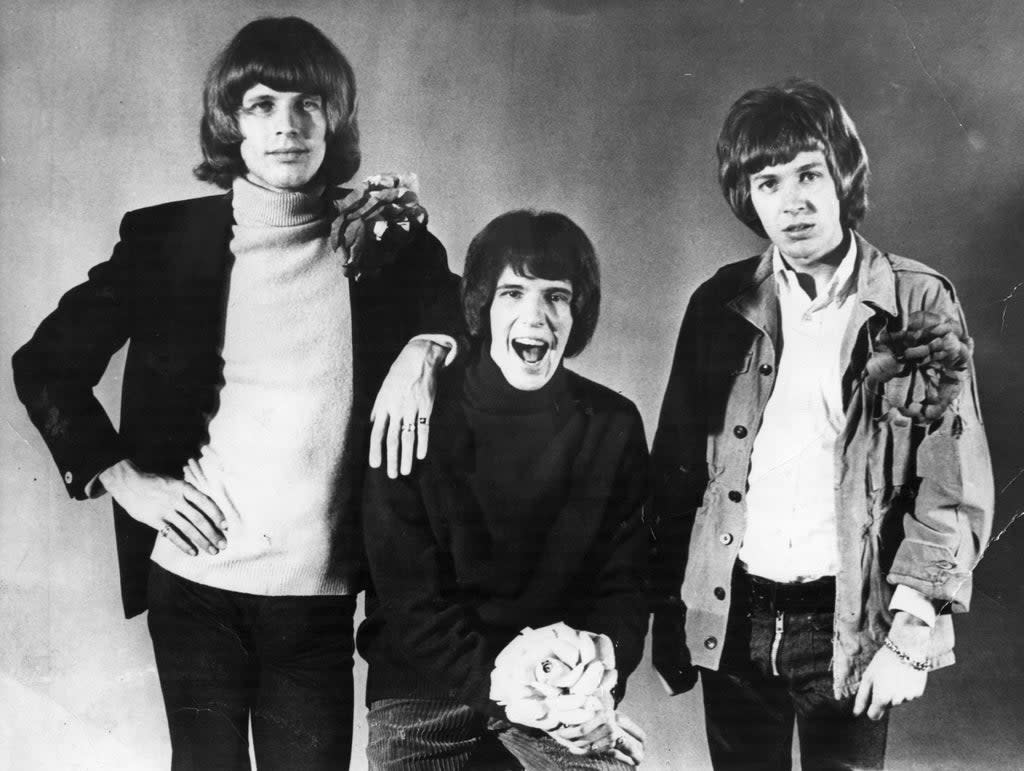Story of the Song: The Electrician by The Walker Brothers

- Oops!Something went wrong.Please try again later.
- Oops!Something went wrong.Please try again later.
The trio’s final studio release was the widely ignored Nite Flights. This patchy collection launches with four striking songs from Scott Walker. The title track (later covered by David Bowie and the Fatima Mansions, among others) may be the better known, but “The Electrician” is the most influential song the Walkers recorded together.
Directing his venom at the country of his birth, Scott’s disembodied lyrics concern American torture specialists, or “mechanics”, in Latin America in the Seventies. It’s a disturbing account of gleeful torturers extracting confessions from their victims with an almost sexually sadistic enthusiasm: “He’s drilling through the spiritus sanctus tonight/ Through the dark hip falls/ Screaming, ‘Oh you Mambos/ Kill me and kill me and kill me...’”
“The Electrician” is a country mile from the Walkers’ troubled teenage anthems, hinting instead at the bleak and disoriented worlds of Beckett and Kafka. Walker’s bottomless bass booms like a death knell over a synthesised tremor. Then, midway through, the song erupts into a heart-wrenching crescendo of strings, harp and Spanish guitar, arranged by the jazz-rock keyboardist and producer Dave MacRae.
Scott has been typically blunt about the writing of the song. “If you listen to the words, they speak for themselves,” he said in 1984. It was recorded at Scorpio Sound, below London’s Capital Radio, in April 1978 and released as a single. It flopped, but was far from forgotten, inspiring Midge Ure to write “Vienna” and helping to influence a generation of New Romantics. Sonically, it also prefigured Walker’s own erratic and cultish solo career to come. The singer disappeared for some time and was rarely heard in the years that followed. “I’ve become the Orson Welles of the record industry,” he told The Independent in 1995. “People want to take me to lunch, but nobody wants to finance the picture.”

